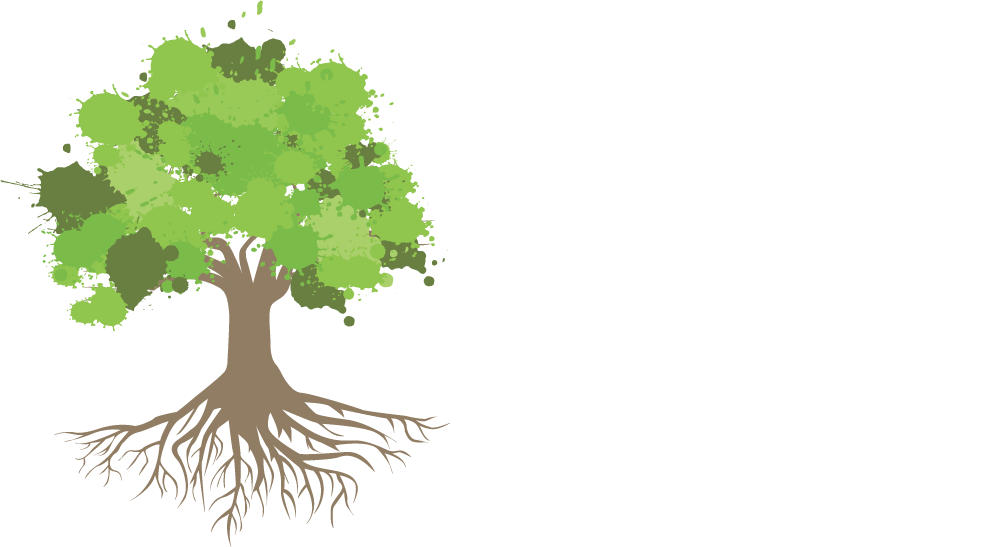If you are composing a research paper, it is important to keep in mind that it is an argument, and such as all arguments, yours must be backed up with facts, statistics, and proof. However, there’s a right way and wrong means to do this. Doing this the wrong way will nearly always result in a bad result.
One of the first things you have to do when writing your research paper would be to collect your information, and organize them into some type of logical sequence or design. A research paper generally focuses on a single study question, and hence, all your work will revolve around this one question independently. So, as the starting point, you need to first gather all of your info. According to your research question, you’ll need to research appropriate secondary research sources to support and corroborate your research paper. No matter what type of research paper you’re writing, your final decisions and reasoning ought to be backed up by other people’s thoughts and data, even if they are slightly different from your own.
Among the biggest mistakes people make while writing their papers is to start exploring and collecting their own information, just to find out the secondary sources do not support their own claims or conclusions. As a result, many students conduct research in their thesis, only to find that secondary sources don’t support the conclusions they draw from their initial research. Thus, while composing an effective research paper, you have to keep in mind that any secondary research sources should not contradict your most important arguments.
Secondly, you have to make sure that all your research findings and interpretations are based on previous studies and real truth. This usually means that you shouldn’t include or indicate opinions simply because you think it makes you more interesting or more convincing. The truth that you find are most likely to support your claims, so avoid including or implying remarks, especially if you’re doing this because you want to draw attention to them and make yourself look smart. After all, you’re attempting to reveal scholars the way your arguments and findings can be related to future research, so you don’t need to risk including anything that might cast a bad image on your own.
Thirdly, always mention your primary resources properly. Occasionally scholars and editors will ignore your resources, citing them in the debut instead. However, as mentioned earlier, the point of your research paper will be to prove a specific point, and to try it, you need to be sure you quote your sources accurately. Furthermore, when writing about past studies, not mention secondary resources unless they come from reputable sources. Cite all your sources in their proper places, so that scholars may take your research statements seriously. In fact, if you include sources which aren’t really proven, this may actually hurt your paper, since it proves that you didn’t take time to read previous studies, and you did not pay sufficient attention to what the primary sources say.
Lastly, always work in your thesis statement. A good, clear thesis statement is one of your main strengths, because this will enable you to easily emphasize your findings and disagreements at the paper. When writing your thesis statement, always follow the model of citing your resources properly, following the specifics of your research.
